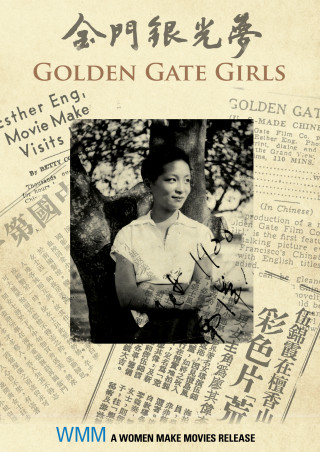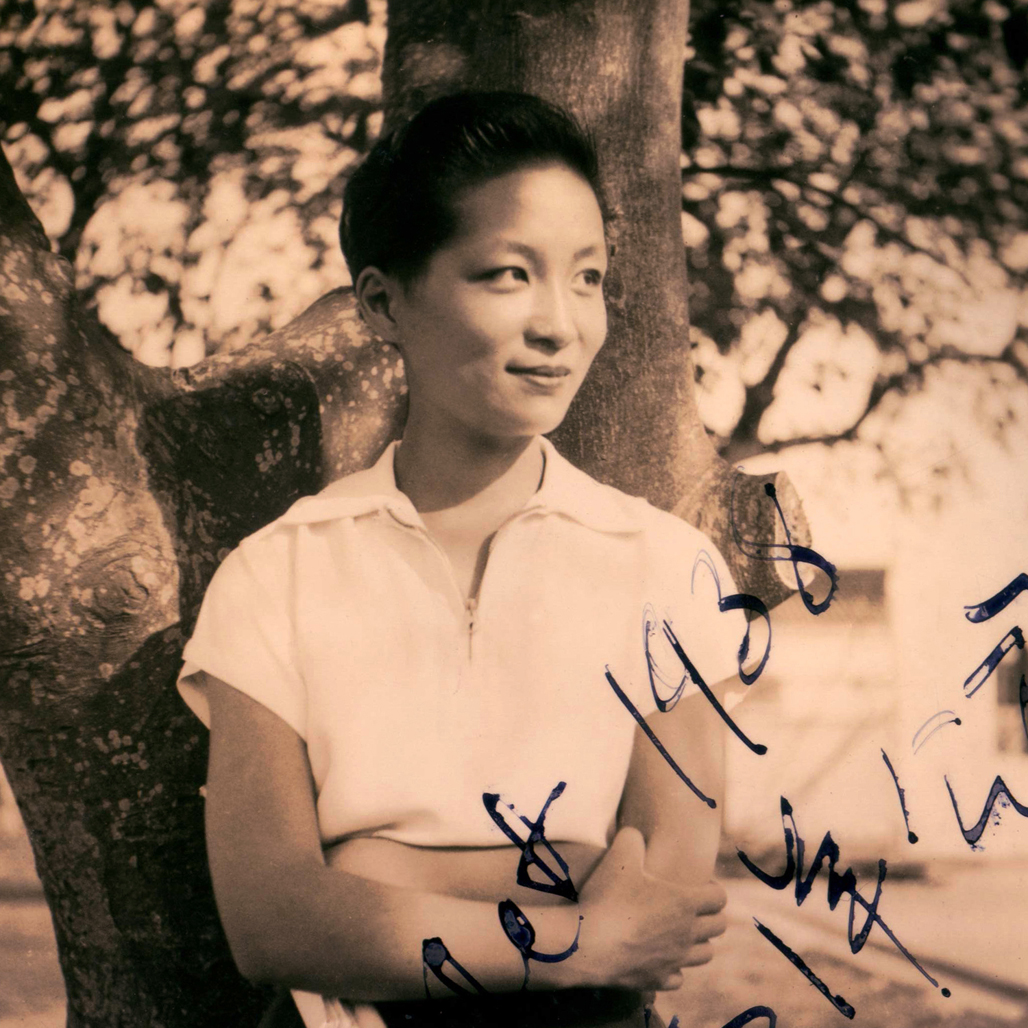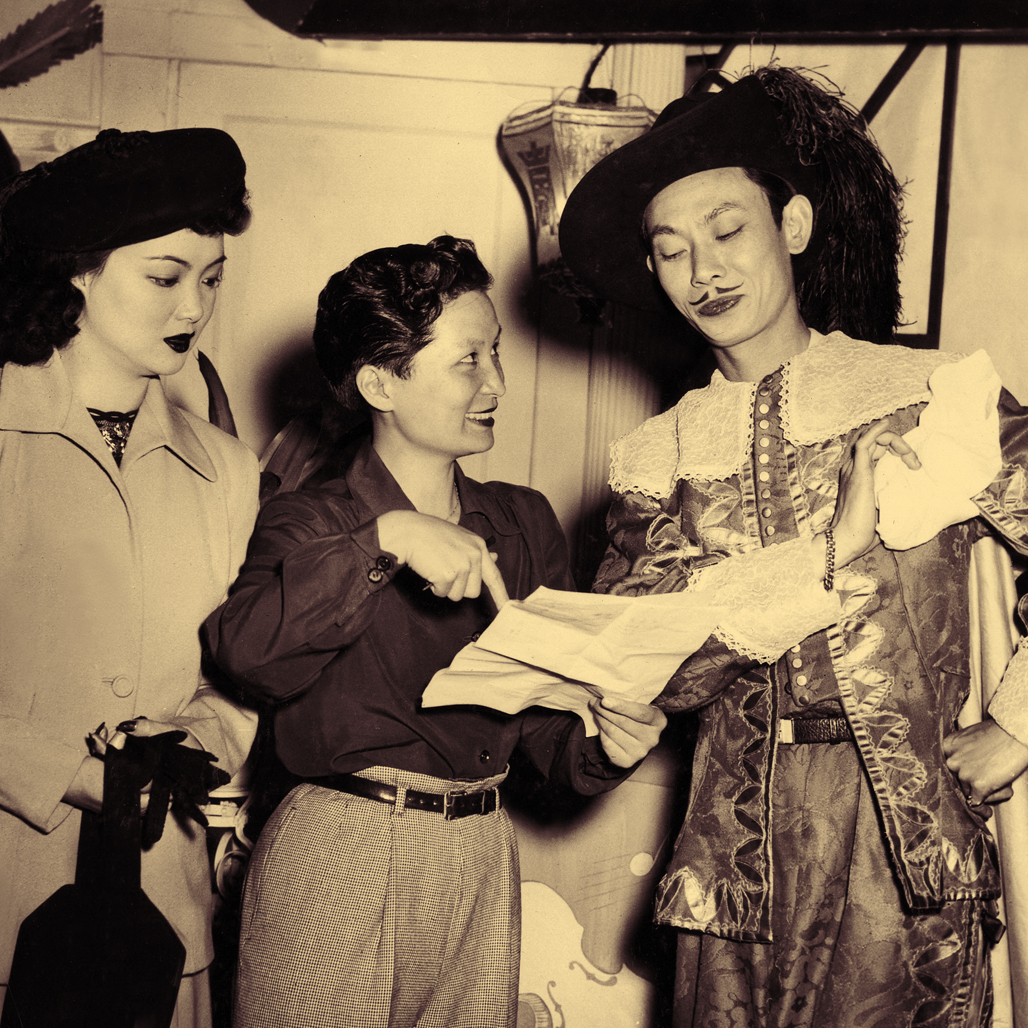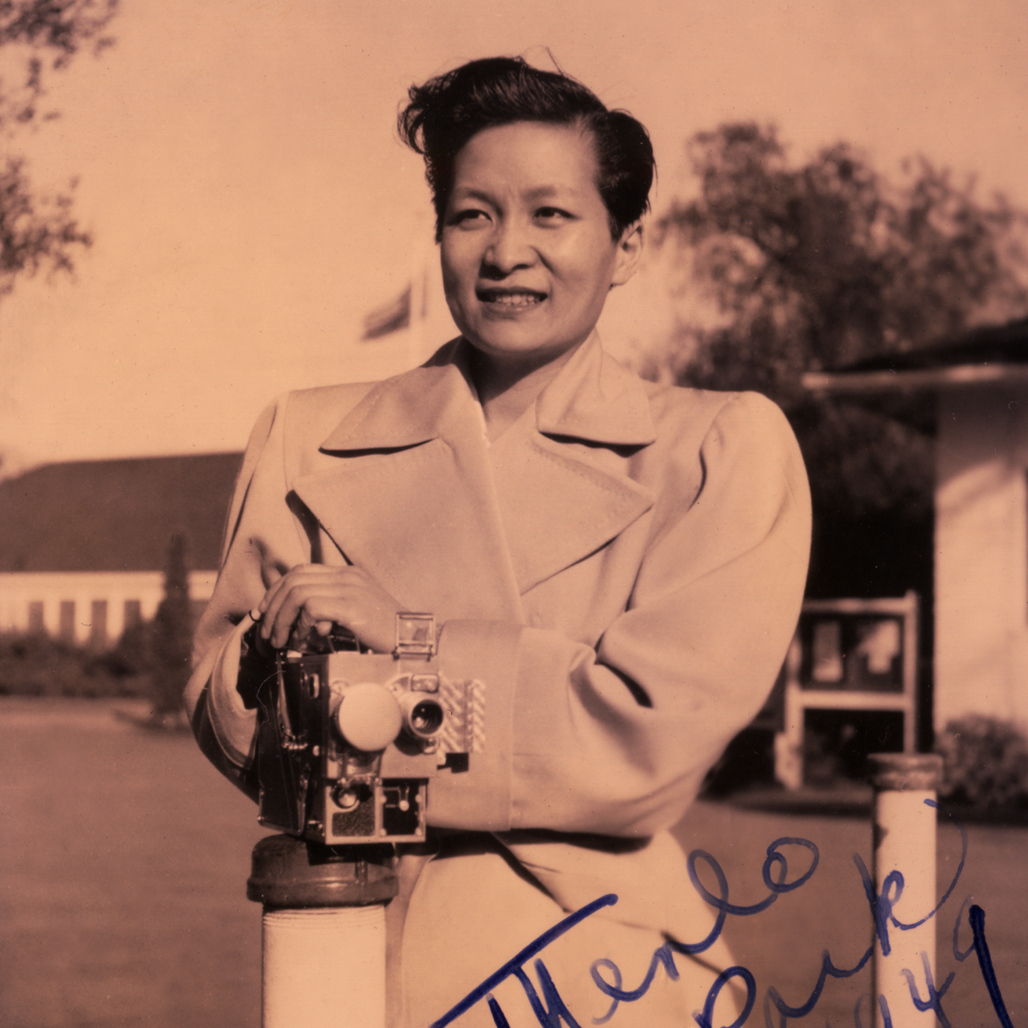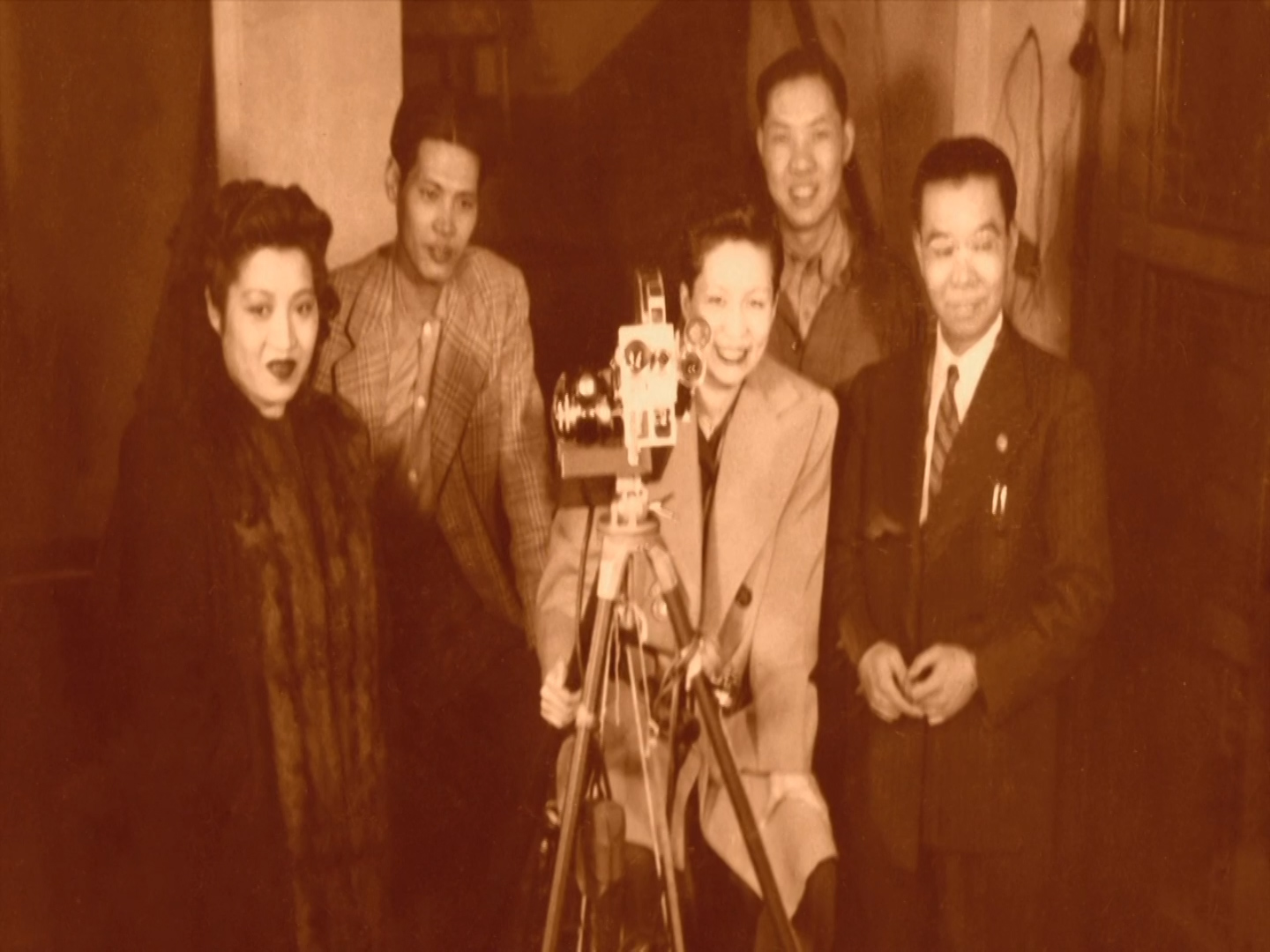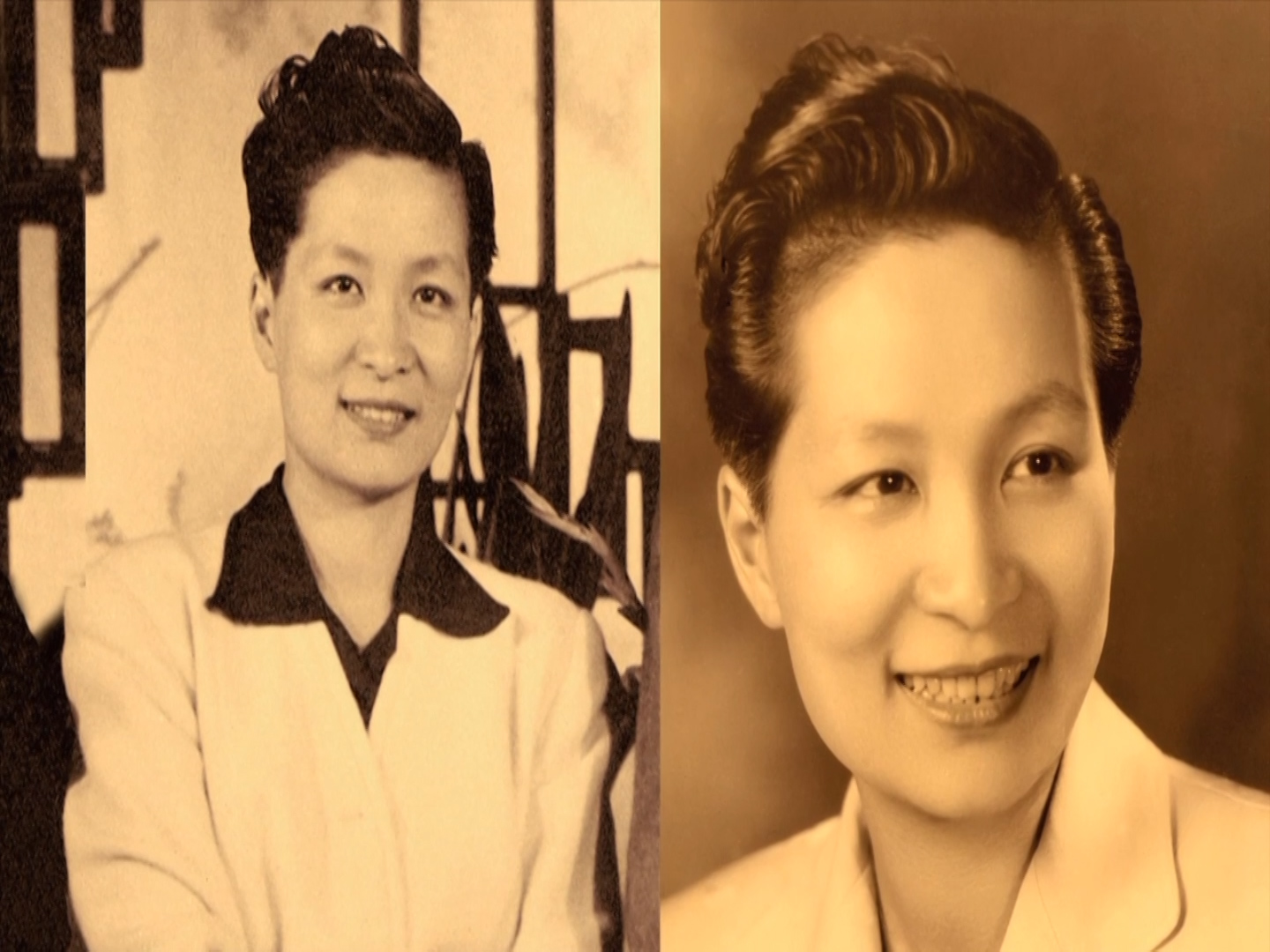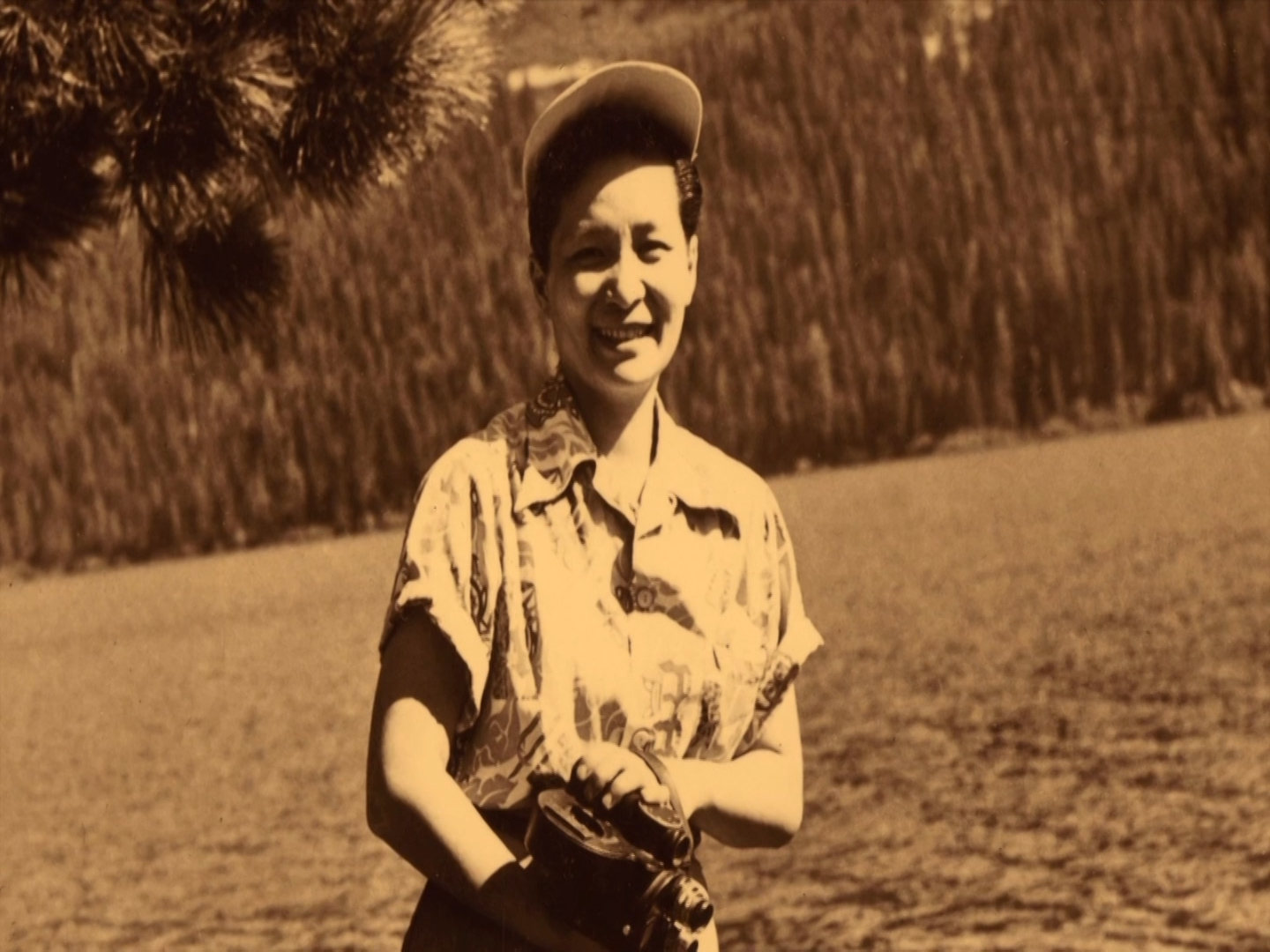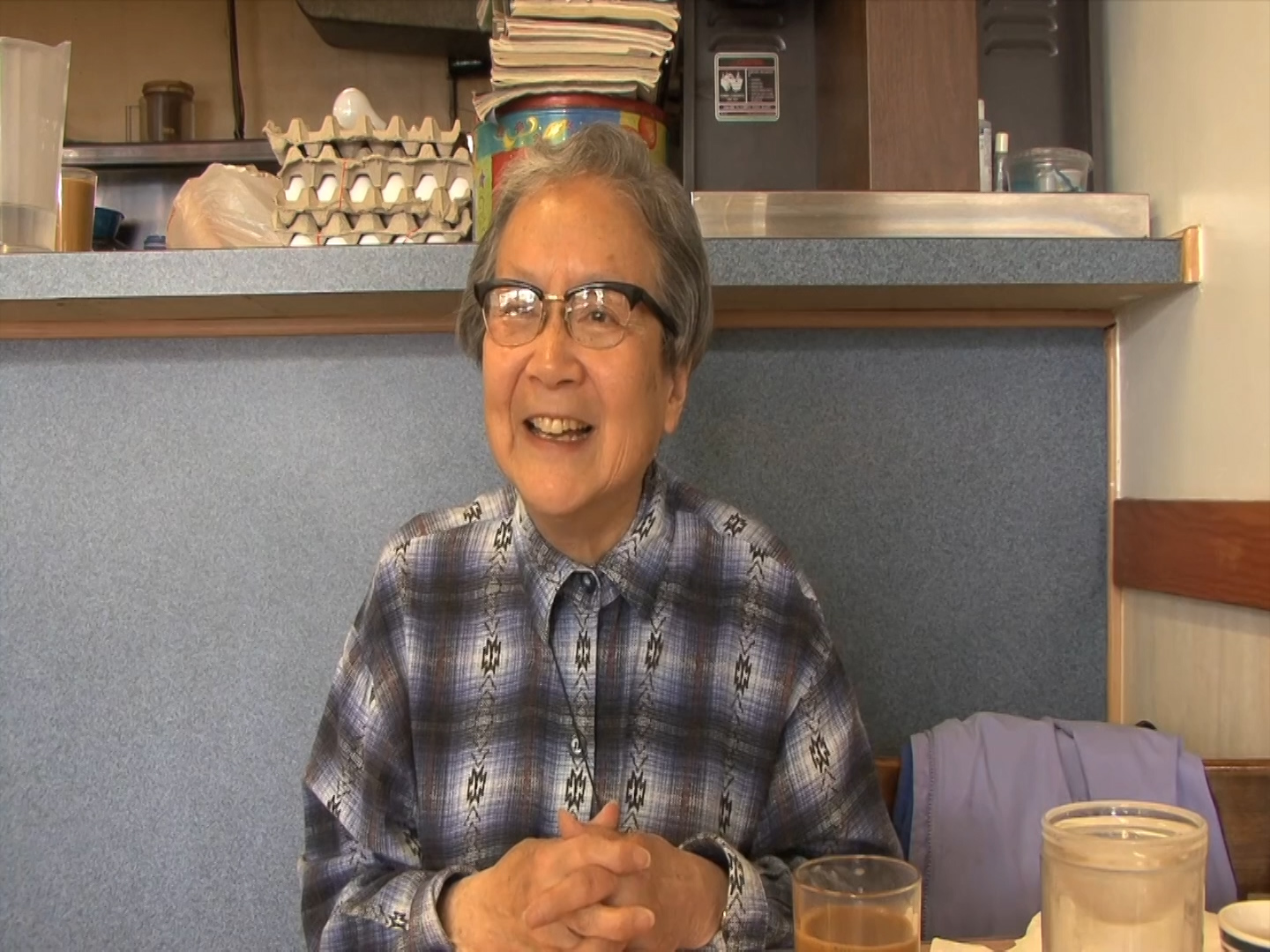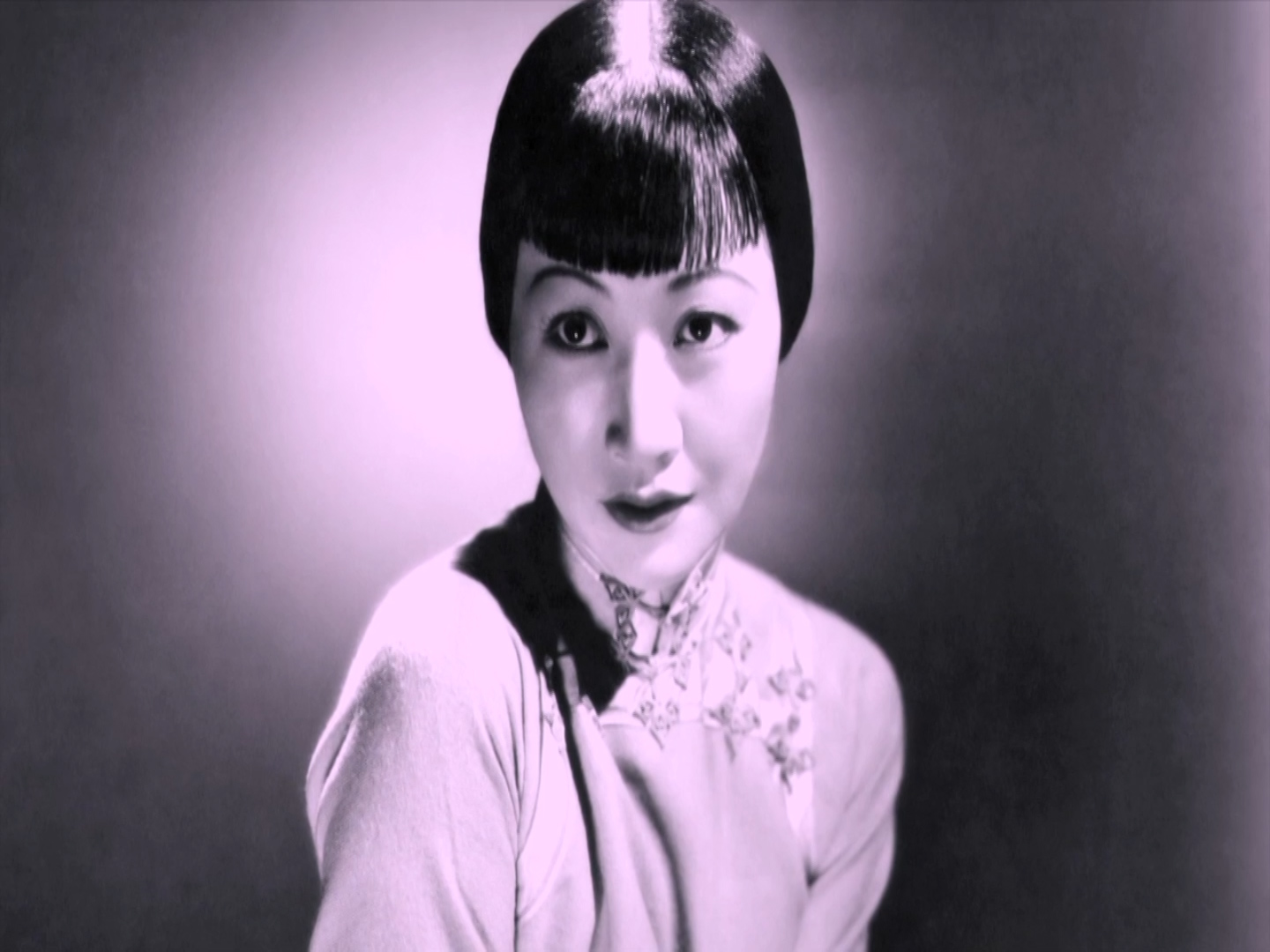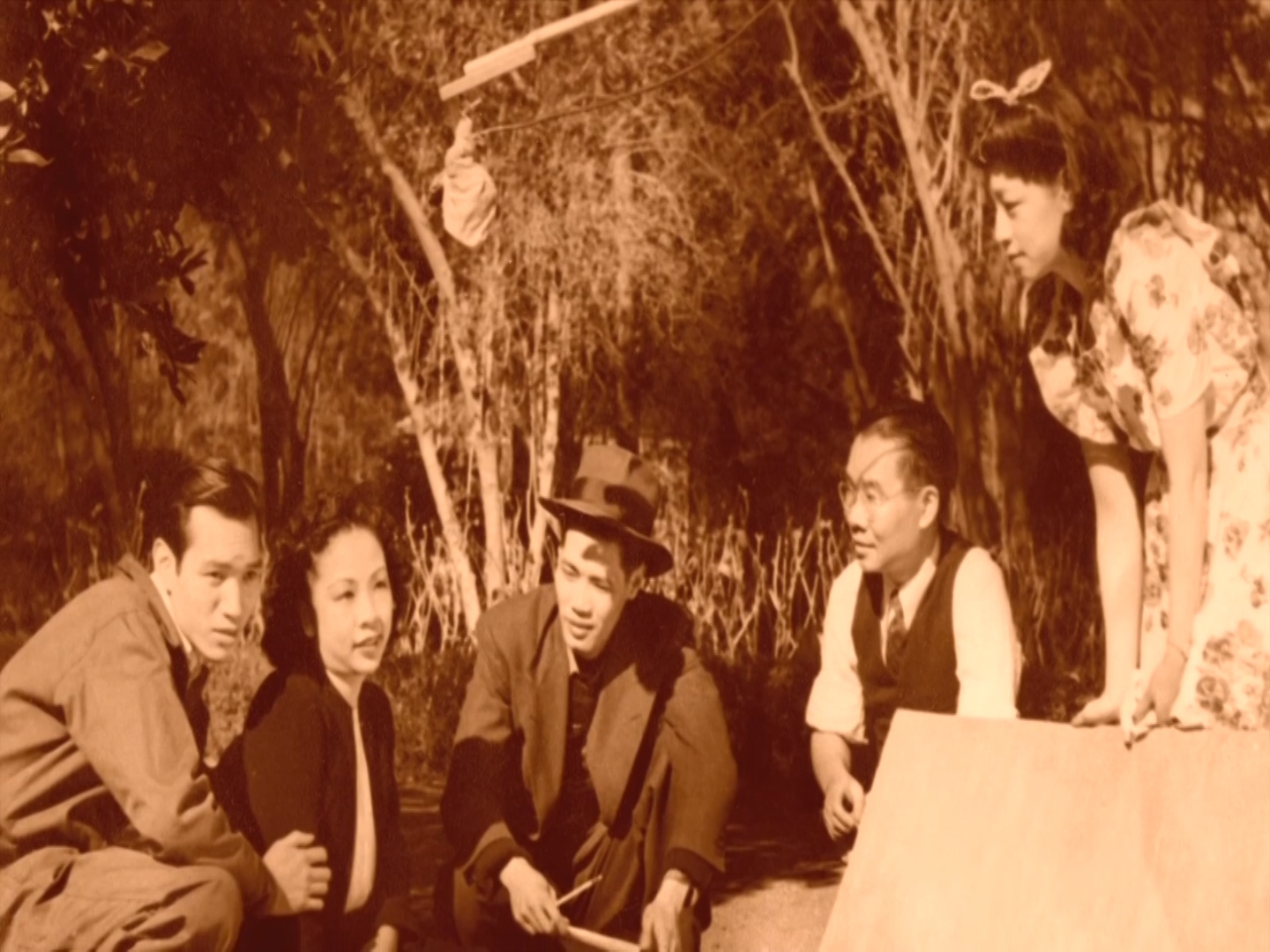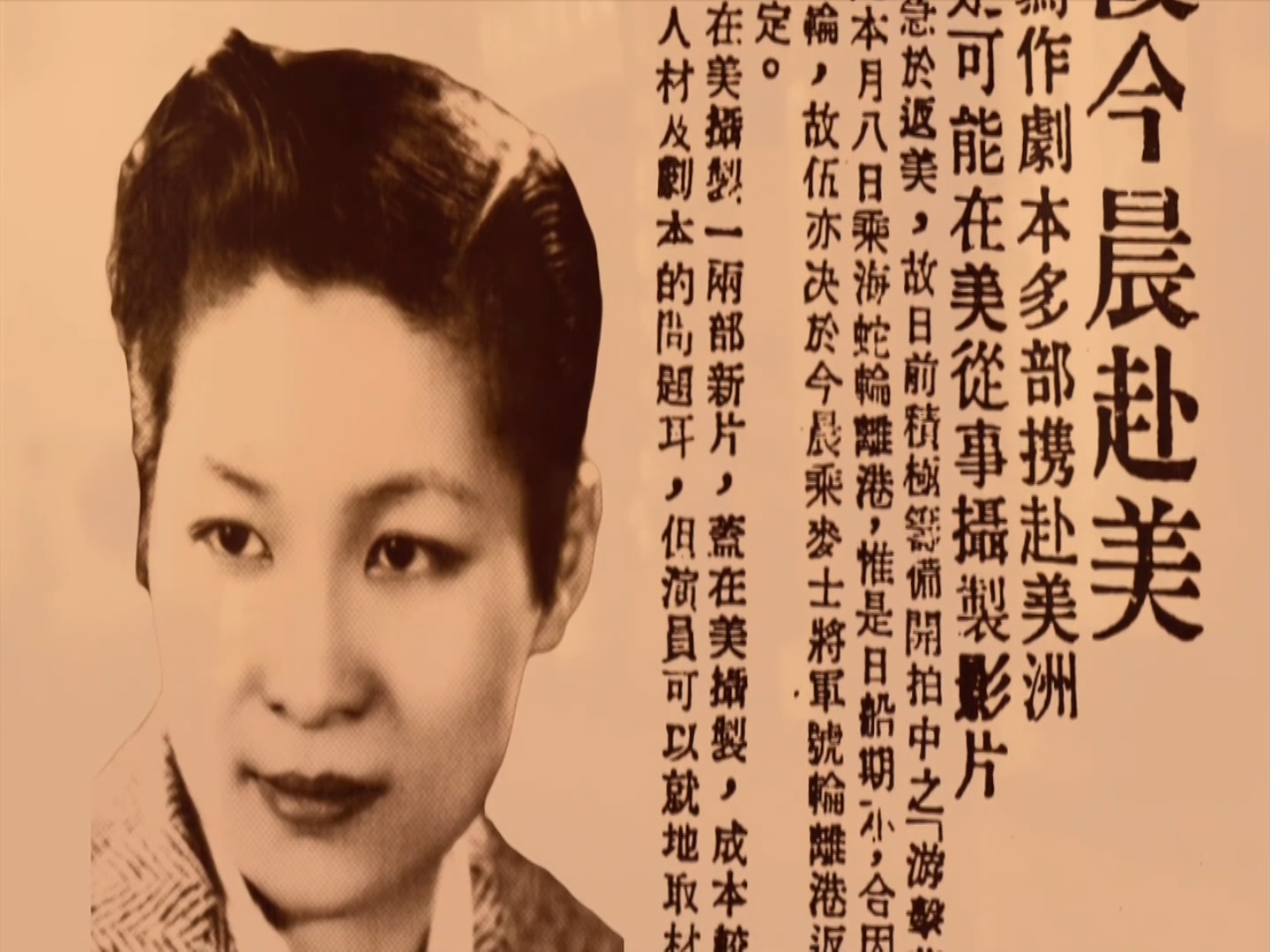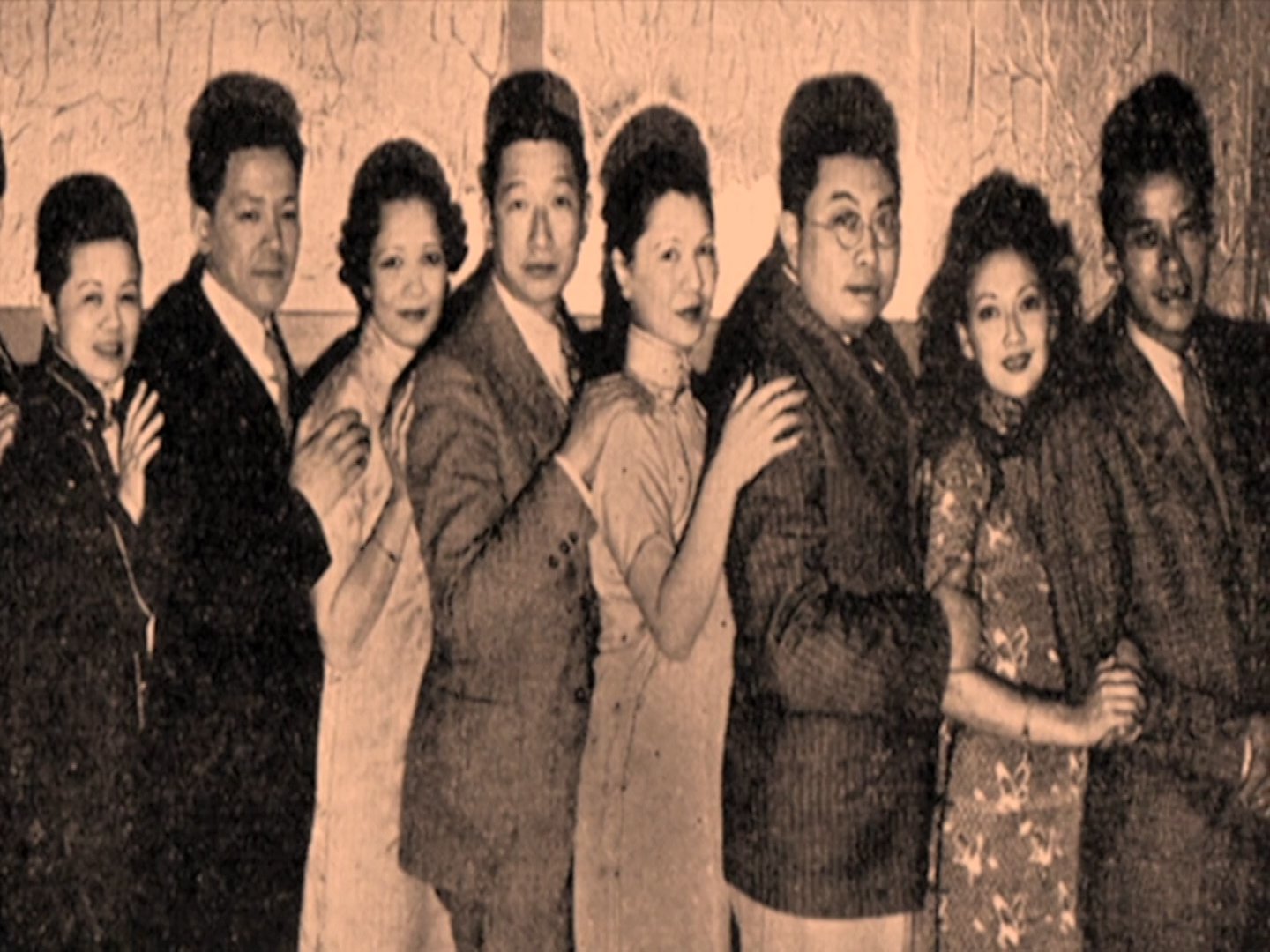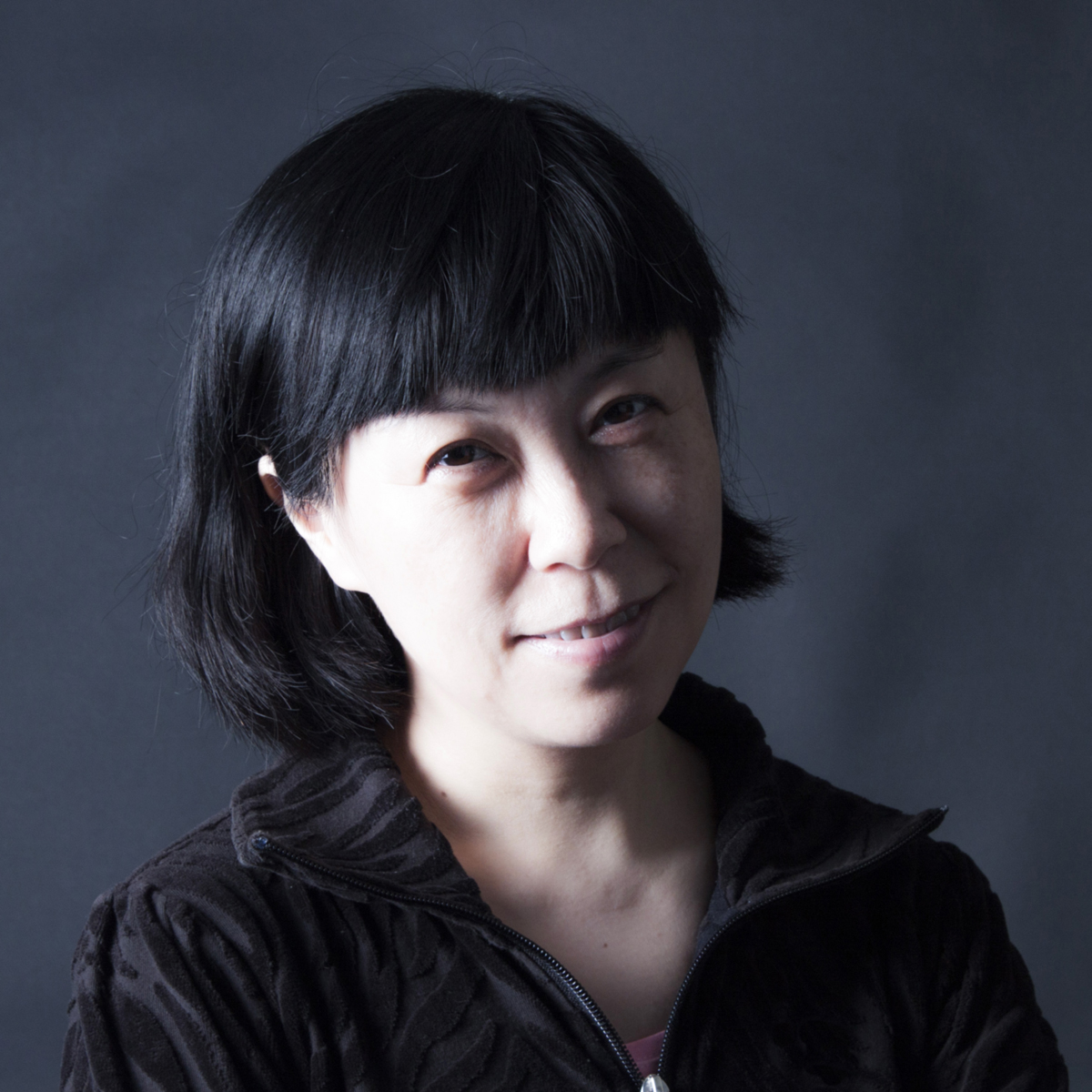Golden Gate Girls
US/Hong Kong | 2014 | 90 minutes | Color | DVD | Chinese | Subtitled | Order No. 151154
SYNOPSIS
Wei’s documentary paints a fascinating picture of how Eng’s career in filmmaking broke through gender and racial boundaries in Hollywood and Hong Kong, at a time when opportunities for Chinese women in the industry were few and far between. With a captivating archive of newly discovered images and interviews with those who knew her, Wei uncovers a rich chapter of film history that challenges both gender hierarchies and national narratives. Essential viewing for Cinema Studies and Asian American Studies.
PRESS
"...extraordinarily interesting..."
"...eye opening and compelling..."
"Golden Gate Girls restores Eng to her place in history, weaving her story in and out of those Hollywood contemporaries, director Dorothy Arzner and actress Anna May Wong."
"Golden Gate Girls is cultural history at its best."
"Golden Gate Girls is alluringly posited at the intersection of these fields: how women’s contribution to film history overlaps with the tumultuous History of the 20th century." – and Professor, California Institute of the Arts.
"Louisa Wei takes us on a journey of discovery in the footsteps of the remarkable Esther Eng. Wei provides a sensitive portrait of the intrepid, but largely neglected filmmaker who too easily fell through the cracks between Asian American and Chinese screen history."
SCREENING HIGHLIGHTS AND AWARDS
- Hong Kong International Film Festival
- San Diego Asian Film Festival
- Washington DC Chinese Film Festival, Intra-Cultural Spotlight
ABOUT FILMMAKER(S)
S. Louisa Wei is a documentary filmmaker and a member of Hong Kong Director’s Guild since 2018. She is also an award-winning writer and an Associate Professor teaching film related courses in the School of Creative Media at City University of Hong Kong. Wei has four documentary features to date: Storm Under the Sun (2009, co-director Xiaolian Peng), Golden Gate Girls (2014), Havana Divas (2019), and A Life in Six Chapters (2022). She also made three TV documentaries, Writing 10000 Miles (2019, RTHK), Wang Shiwei: The Buried Writer (2017), and Cui Jian: Rocking China (2006, Cable TV HK).
Among her works, Golden Gate Girl portrays the life and times of Esther Eng, once honored “South China’s first woman director.” The documentary has received positive reviews and attention from The Hollywood Reporter, Voice of America, South China Morning Post, San Francisco Chronicle, etc. Elizabeth Kerr of The Hollywood Reporter praised the documentary for its seamless ability to weave history, Sino-U.S. relations and social standards together to allow for inference and context. Havana Divas is a sister work covering the Chinese immigrants’ life and the traveling Cantonese Opera in the Chinatowns of North and Latin America. It focuses on the art of two divas who learned and performed Cantonese Opera in Havana in the 1940s and performed throughout the country. They made their way to Hong Kong and Guangdong Province, China, in their 80s, finding a new audience out of expectation. Both films have travelled to many film festivals around the world.
Wei makes historical documentaries from an explicitly personal perspective as a means to advocate for significant figures and voices lost to historical process. She plays the simultaneous roles of director, writer, and editor, not to establish a singular subjective viewpoint, but to ensure that life and the people in her films are presented intact, with all the complexity and failings of human intellect and sense. Her broader research beyond each documentary she made has been published in monograph and book forms. Esther Eng: Cross-Ocean Filmmaking and Women Pioneers (2016, co-author Law Kar) won Hong Kong Book Award in 2017. Wang Shiwei: A Reform of Thinking (2016) won the Best Publishing Prize in the Fiction and Literature Category at Hong Kong Biennial Publishing Award in 2017. Wei researched widely on women directors and writers, incorporating her findings in books like Cinema East and West (2016) and Women’s Film: Dialogue with Female Chinese and Japanese Directors (2009, co-author Yuanying Yang). (01/22)

